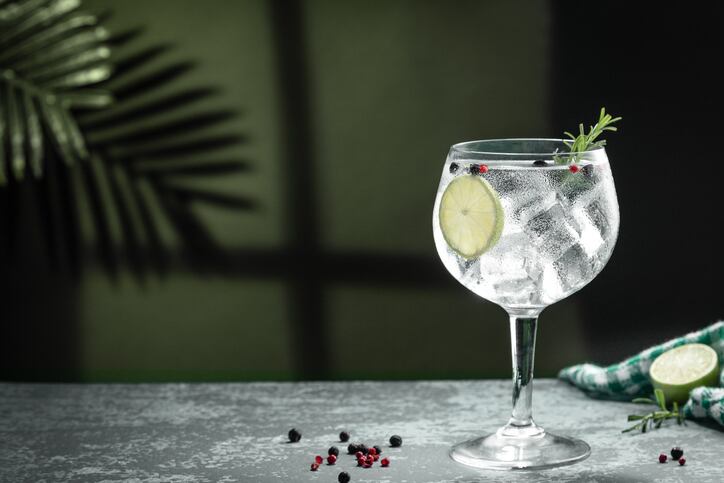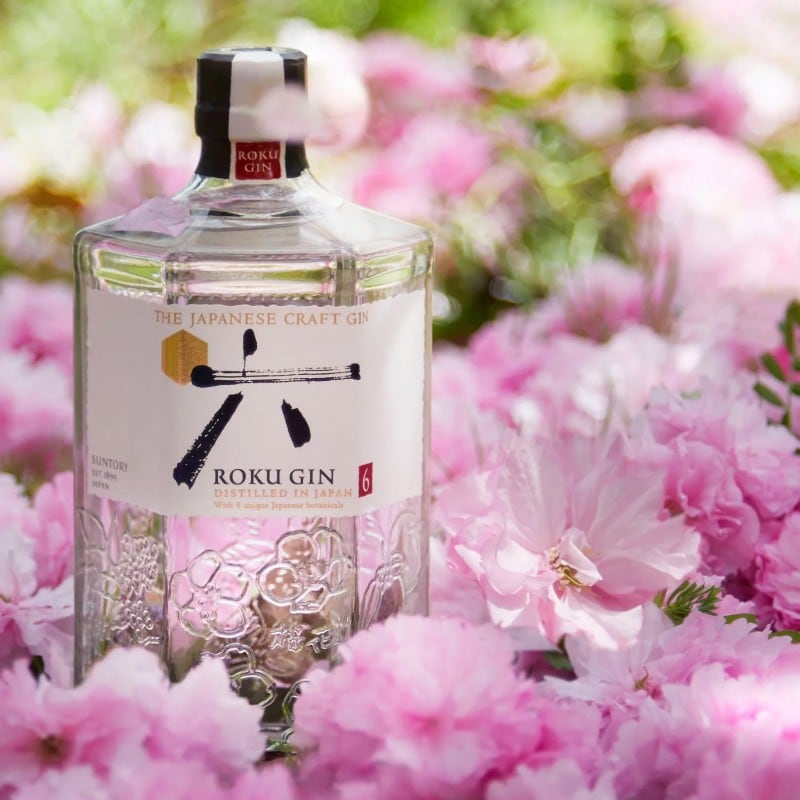Gin has been defined by European Union regulations since 1989, stating that gin must be made with suitable ethyl alcohol flavored with juniper berries.
Furthermore, gin must reach a minimum retail strength of 37.5% ABV.
The US, similarly, stipulates a minimum ABV for a product to be called gin.
But the rise of the moderation movement and low and no alcohol products means that an increasing number of producers have sought to launch alcohol-free versions of the much-loved spirit: drawing on juniper berries for flavor but without the alcohol. These have continued to use the word ‘gin’ to showcase their reference to the traditional spirit and describe the product quickly to consumers.
These products have largely been unchallenged: until now.
‘Gin’: A meaningful guarantee over a vague marketing term
German association Verband Sozialer Wettbewer took the issue to the EU: challenging PB Vi Goods’ for the name ‘Virgin Gin Alkoholfrei’ with its alcohol-free drink.
PB Vi Goods argued that it was obvious from the name ‘Alkoholfrei’ (‘alcohol-free’) that the drink did not contain alcohol: but judges ruled that the use of the non-alcoholic descriptor was ‘irrelevant’ as the legal term ‘gin’ was still used.
Virgin Gin Alkoholfrei must now remove the use of the word gin from its name.
The Gin Guild, which represents manufacturers across the UK and promotes the gin category globally, has welcomed the decision: saying it ‘upholds integrity in the gin category and protects producers who invest in the craft of gin distillation’.
“This means the word ‘gin’ remains a meaningful guarantee of alcohol-based botanical spirit, rather than a marketing label for a very different product,” says the organization.
The Guild believes the ruling is important for three key reasons: ensuring clarity (gin must be gin and cannot be confused with other products); brand integrity (distillers are protected from unfair competition from ‘look-alike’ products); and maintains global standards (critical for brands who export and have a global footprint).
The Guild is supported by four major distilling companies: Bacardi, Diageo, William Grant and Sons, and Chivas Brothers.
Diageo, which owns major gin brands such as Tanqueray and Gordon’s, also produces alcohol-free versions of these drinks. However, it refrains from using ‘gin’ as a descriptor: instead relying on brand recognition and phrases like ‘juniper-led character’ with its beverages.


